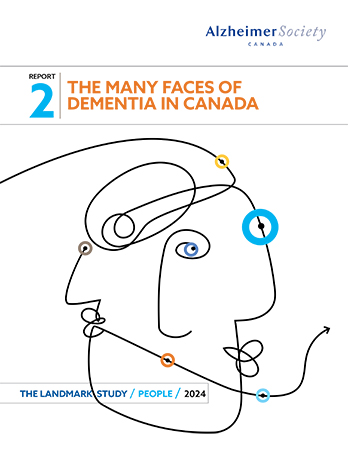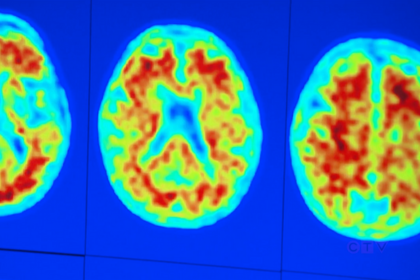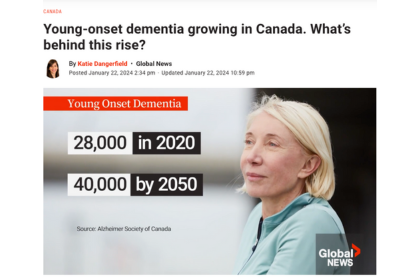Landmark Study, Volume 2
The Many Faces of Dementia in Canada
Dementia is a major public health problem in Canada and around the world, affecting millions of people. Research indicates significant variations in the risk of development, prevalence, clinical presentation, and health outcomes across various communities in Canada, including differences in ethnicity, race, sex, gender and age.
With the rapid rise of our aging population in Canada, this is one of the first studies that seeks to better understand the many faces of dementia, so that no one is left behind and we’re able to serve their specific needs and those in their circle of care.
Understanding the unique needs and experiences of diverse communities is a key step in improving the quality of life for people with dementia and their caregivers.
In Canada, more than 650,000 people have dementia and the numbers are sharply increasing.
We need to increase awareness of the diversity of who develops dementia in Canada.
Surprising facts about dementia
01.
Over the next 30 years, we anticipate the number of people living with dementia in Canada will grow by 187%.
02.
By 2030, almost 1 million Canadians will live with dementia. Its impact is and will continue to be felt across all borders, sectors and cultures.
03.
Studies shows that colonization and stress from racism can affect brain health. Addressing these factors is important in preventing or delaying onset of dementia.
04.
Women are doubly affected (almost 2:1 dementia cases and >50% of caregivers), and by 2050 1 in 4 people with dementia will be of Asian origin.
We all have stories to share
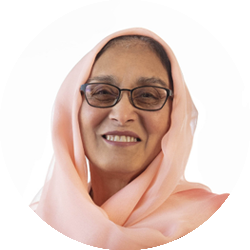
Rubina lives with Alzheimer’s disease. She lives with her family in Milton, Ontario. Here, she shares some insights on her experiences.
Read Rubina’s story
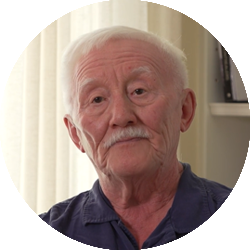
Piita, an Inuk and a residential school survivor, describes how he helped bring Inuit culture and food to a southern facility caring for Inuit Elders with dementia.
Read Piita's story
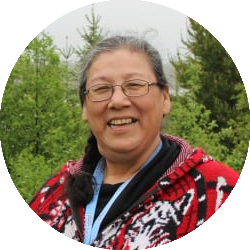
Artist and Elder Becki Labillois, Mi’kmaq from Ugpi’Ganjig First Nation, talks about her mother’s life, legacy and experiences of dementia.
Read Becki’s story
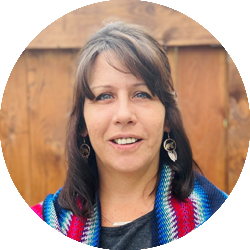
Jana Schulz is a social worker and is the past women’s regional representative of Region 4, Métis Nation British Columbia. She is also past president of the Rocky Mountain Métis Association. In her story, she talks about her dad, who is Métis and who is living with Alzheimer’s disease.
Read Jana’s story
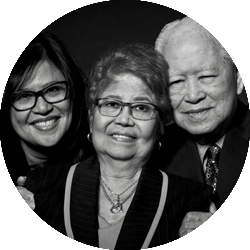
Arlene speaks about being a caregiver during her parents’ experiences with dementia, and she provides perspective on the need for culturally appropriate care and other dementia-care urgencies through a health-care worker lens as well.
Read Arlene’s story
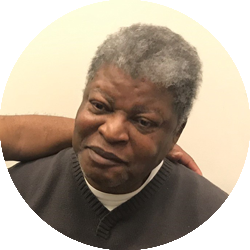
Ama is a caregiver for her father, who is living with dementia following a few strokes. She talks about the importance of family and health-system support, the need for advocacy, and other aspects of her family’s experience so far. She lives in Alberta.
Read Ama’s story

Family care partner and researcher Navjot Gill talks about experiencing barriers to culturally sensitive, South Asian–inclusive dementia care with her grandmother, who is living with dementia, and her parents, who are care partners. She also discusses her work in dementia research, trying to make future services better and more inclusive.
Read Navjot’s story
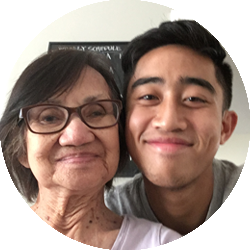
Tyler Redublo is a caregiver for his grandmother Alicia, who lives with dementia. He shares some perspective on, first, entering family dementia caregiving as a teenage boy, and second, finding community in his 20s around these experiences.
Read Tyler’s story
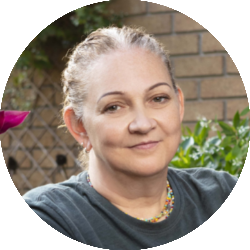
Andrea describes part of her journey so far living with young onset dementia as an LGBTQ+ person and parent.
Read Andrea’s story
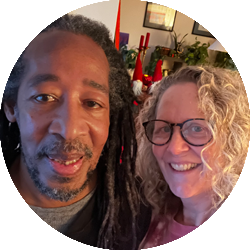
Curt lives with young onset Alzheimer’s disease in BC. Heather, his wife of 33 years, relates part of their journey.
Read Curt and Heather’s story

Ron Stewart tells us about the experiences of his father, Bob, who was born Deaf. Bob faced obstacles throughout his life with respect to communication and employment barriers — as well as barriers to dementia treatment and support.
Read Ron and Bob’s story
We need everyone
Near and far, dementia touches us all, if not today then more than likely tomorrow. We have a shared responsibility to be part of the solution in tackling this wide-ranging condition.
The Alzheimer Society of Canada’s mission is to alleviate the personal and social consequences of Alzheimer’s disease and other dementias and to promote the search for causes, treatments and a cure.
We are here to help
Alzheimer Society teams across Canada offer free and low-cost dementia and caregiver help, often including support groups, counselling, programs and more.
You don't need a formal diagnosis of dementia to access us. Reach your local Alzheimer Society today for help with your dementia questions.

